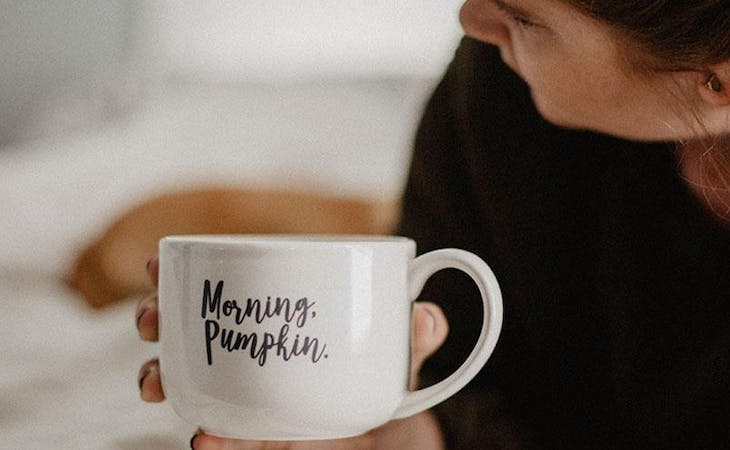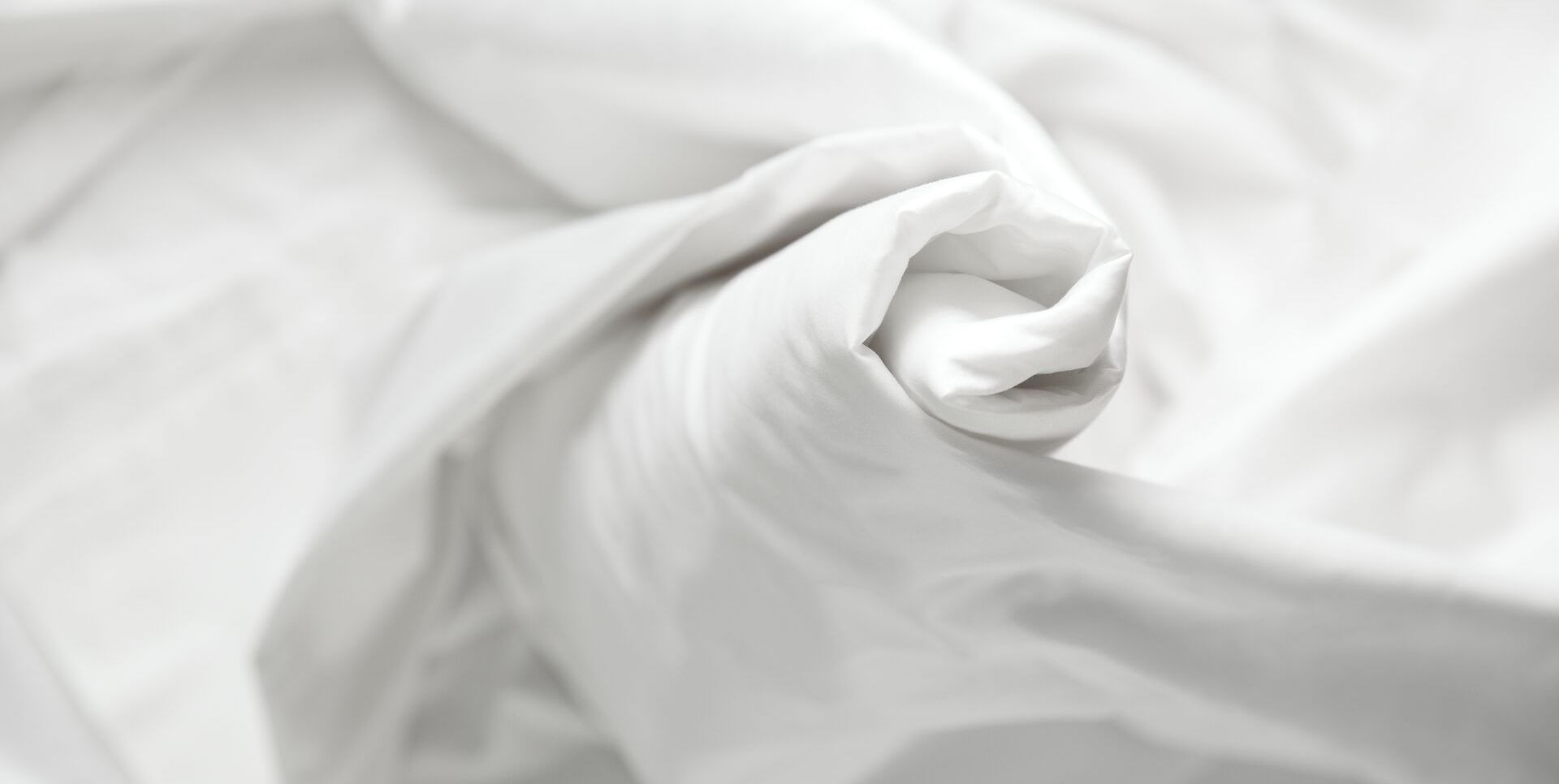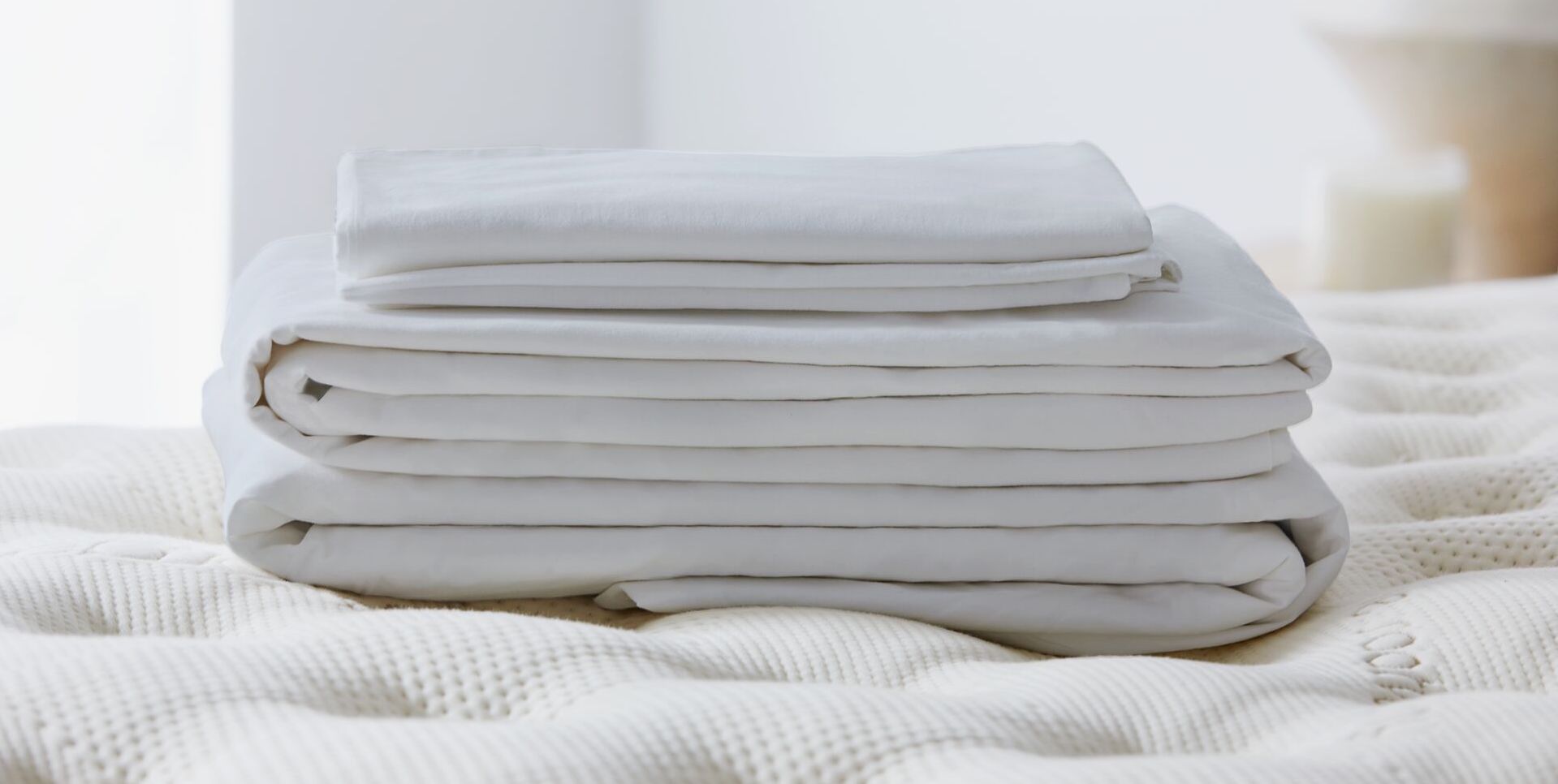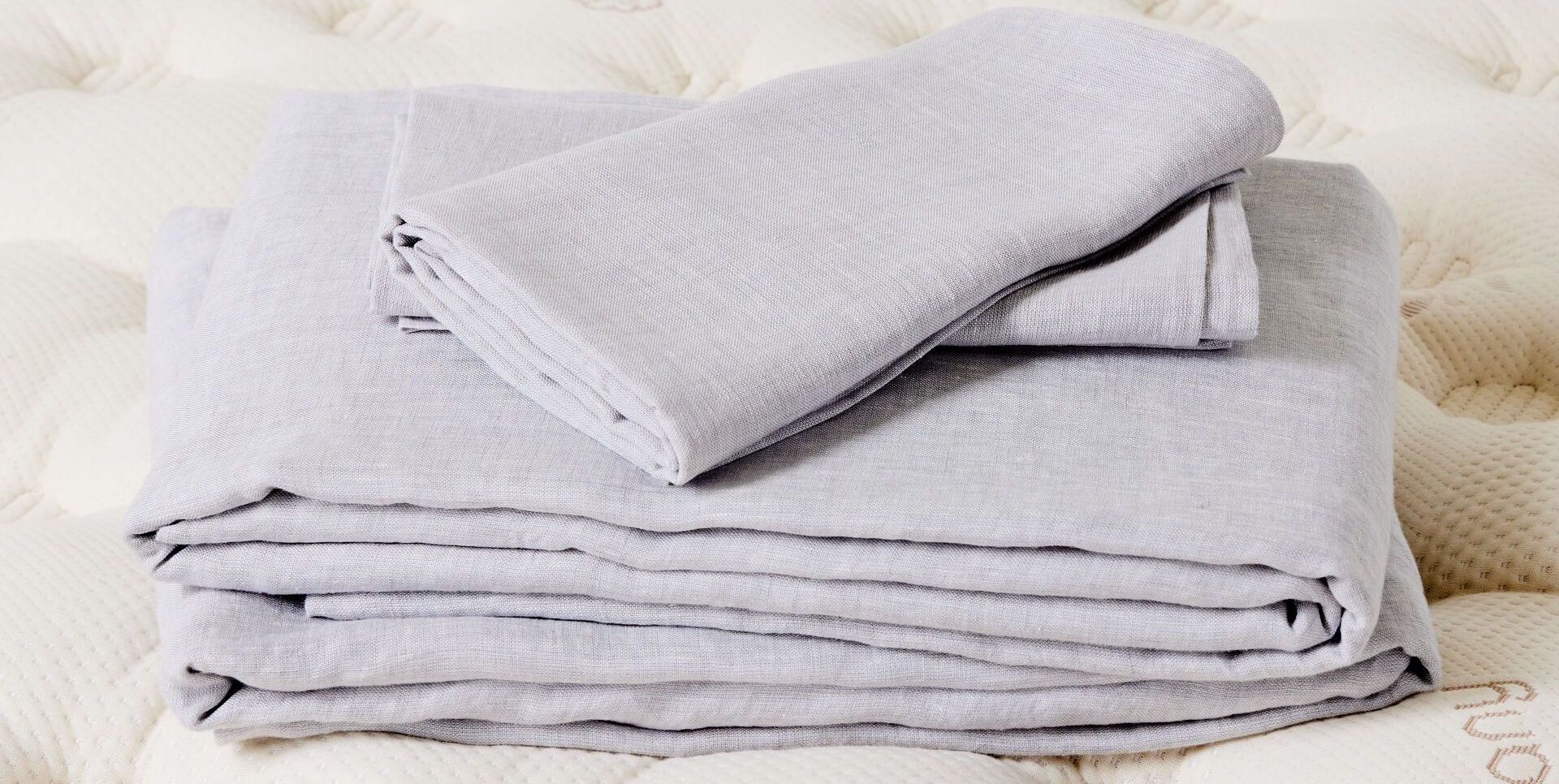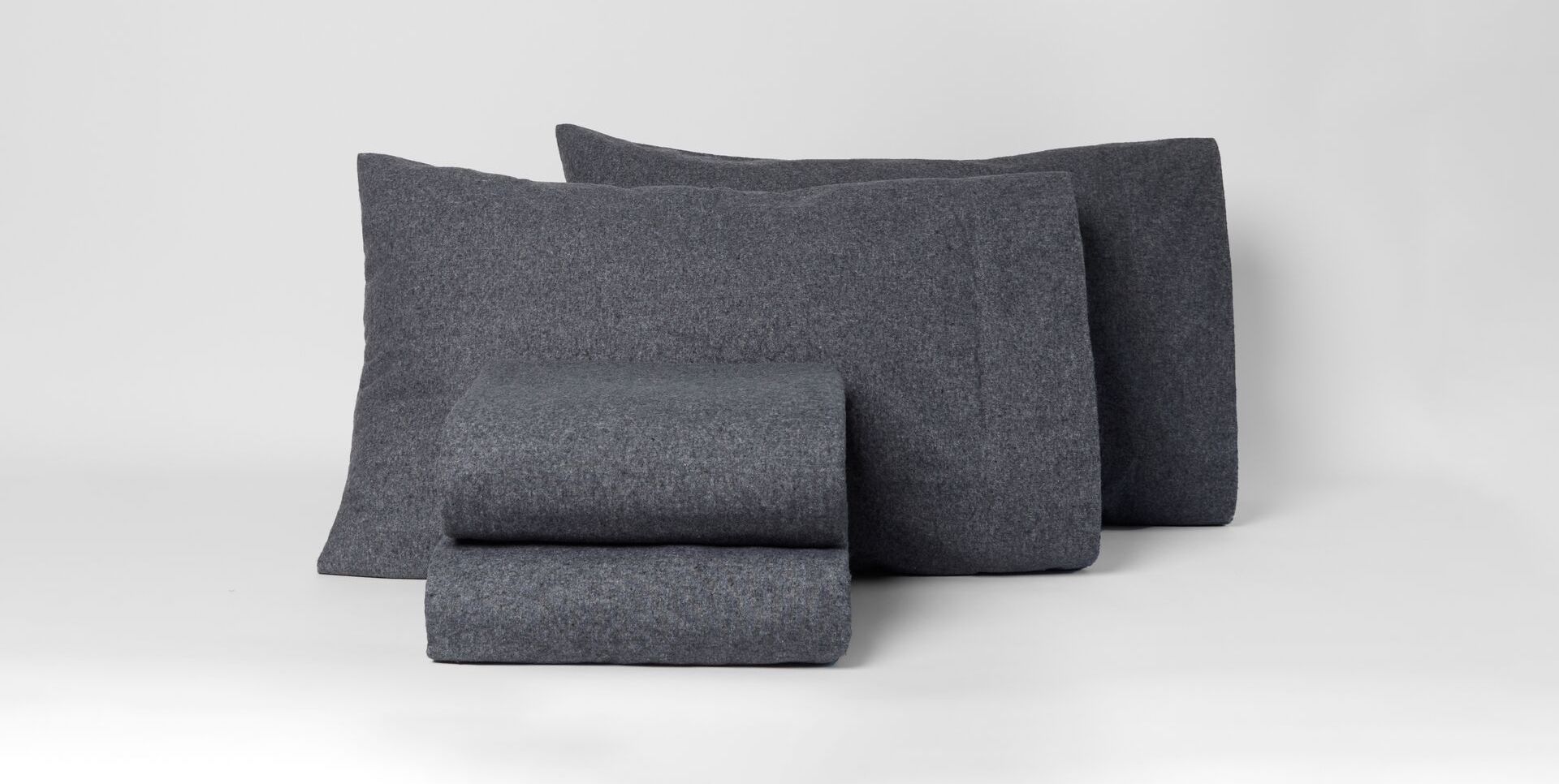Autumn is in full swing, and with it comes a few of our favorite things: beautiful fall foliage, strolls through pumpkin patches, and of course cheering for our favorite football teams. This time of year also means a time change: Daylight Saving Time (DST) officially comes to an end on Sunday, November 4.
Setting your clock back an hour may feel like you’ll gain an hour of sleep—but in reality, very few people get that extra hour. In fact, one review found little evidence that people are really getting an extra hour of sleep with the transition. What’s more, the change in schedule can result in a net loss of sleep the following week.
Even though the end of Daylight Saving Time is a less obvious sleep disruptor than losing an hour when the clocks advance in the spring, any abrupt change in your sleep schedule can leave you tired, groggy, and feeling out of sorts for several days to a week or more. In fact, people who average less than 7.5 hours a night, as well as early risers, experience the greatest difficulty with time changes in either direction.
Shorter days and less light hurt sleep
Seasonal changes can affect melatonin levels, which play a critical role in sleep patterns. As the days get shorter, many of us spend less time outdoors. The resulting reduced exposure to sunlight can disrupt our melatonin balance, causing an overproduction of the hormone that can lead to decreased energy, mood changes, fatigue, and depression.
Lack of sunlight exposure also means you get less vitamin D. In addition to its role in strong bones and muscles, Vitamin D also affects serotonin production, which is important for our sleep-wake cycles. Serotonin is sometimes referred to as the “happy chemical”; low levels of serotonin are related to feelings of tiredness and depression.
Seasonal Affective Disorder (SAD) is a type of depression brought on by a lack of sunlight. Although SAD is typically associated with winter, the symptoms can begin in the fall. (SAD can also occur in the summer, although less frequently.) Symptoms of SAD include low energy, hypersomnia (excessive daytime sleepiness or excessive time spent sleeping), increased appetite, and social withdrawal (you feel like “hibernating”).
Sleep problems are often caused or worsened by SAD. Nightmares, struggling to fall asleep, sleeping too much (or too little), and daytime lethargy can accompany SAD. Similar to insomniacs, people with SAD may spend more time resting in bed but not actually sleeping. Of note, people who are night owls (or evening chronotypes) appear to be at greater risk for SAD. SAD is more commonly diagnosed in women than in men. Younger adults have a higher risk of SAD than older adults, and SAD has been reported in children and teens.
SAD is often treated with one or a combination of light therapy, medication, psychotherapy, and/or vitamin D supplementation. If you experience any of the SAD symptoms, discuss them with your healthcare provider. An overview of Seasonal Affective Disorder is available at the National Institute of Mental Health website.
How to sleep better when Daylight Saving Time ends
The change of not only seasons but of time, cooler weather, and shorter days can pose some sleep challenges for even the best sleep champions. To help maintain healthy sleep year-round, here are some strategies to ensure a smooth transition from season to season.
- Do: Use the fall time change as an opportunity to discuss the importance of sleep with all family members—even young children.
- Do: Make seasonal adjustments to bedding and pajamas as needed, such as flannel sheets, heavier blankets, warm socks, and PJs.
- Do: Take afternoon naps (30 minutes or less) pre- and post-time change if you need to restore lost sleep.
- Do: Enjoy your pumpkin spice lattes, but try to avoid caffeine consumption after 2 p.m.(depending on work hours or other extenuating circumstances). Read my column on how caffeine affects sleep to learn more.
- Do: Work near a window if possible. One study showed that office workers with more light exposure tended to have longer sleep duration and better sleep quality, compared to office workers with less light exposure.
- Do: Talk with your doctor before taking supplements of melatonin or vitamin D to make sure you are taking the correct dosage.
- Do: Put on socks. If the chilly weather gives you a case of cold feet, warm socks will help dilate blood vessels, which helps to lower core body temperature—this, in turn, will help you fall asleep.
- Do: Try aromatherapy. Lavender fragrance had a beneficial effect on insomnia and depression in a 2006 study.
- Do: Be aware of the symptoms of SAD, and discuss these and other sleep problems with your healthcare provider.
- Do: Know that with the earlier darkness, you may be sleepier early in the evening.
- Do: Avoid bright light in the evenings, as that can suppress melatonin production.
- Do: Maintain your regular exercise routine. Regular exercise improves sleep quality and can be helpful in keeping your sleep cycle on track.
- Do: Check out dawn simulators. According to research, the natural awakening provided by dawn simulators may improve sleep and mood.
- Do: Eat healthily. Participants in a 2006 study in the journal Nature consumed an average of 86 more calories per day in fall and ate more fat and saturated fat in the winter months.
- Do: Check the batteries in your home’s smoke detectors. Take note: Children spend a great deal of time in deep sleep and may not hear a shrieking smoke detector going off.
What not to do when Daylight Saving Time ends
When the clocks change, you might be tempted to stay up late—and stay indoors as much as possible. But certain habits can actually hurt your sleep this time of year. Here’s what not to do once Daylight Saving Time ends.
- Don’t: Overdo binge-watching your favorite shows. A study has linked binge-viewing with fatigue, insomnia, and poorer sleep quality.
- Don’t: Hibernate. Instead, stay active and social. Rather than staying cooped up inside, take a walk, head to the museum, join a club, do volunteer work—just get out of the house when possible.
- Don’t: Skimp on sleep. Flu season is approaching, and sufficient sleep is critical for a healthy immune system.
- Don’t: Stay up late the night of the time change thinking you are just taking advantage of an extra hour.
- Don’t: Get your flu shot while sleep deprived. Sleep deprivation may adversely affect the effectiveness of vaccines.
- Don’t: Drive drowsy. Subtle changes in sleep patterns can affect alertness and reaction times. Even a slight decrement in performance, combined with earlier darkness and/or staying up later, may lead to car accidents.
- Don’t: Ignore persistent sleep problems. Sleep is so fundamental to our overall health and well-being that it should be considered a vital sign—and discussed at every healthcare encounter.
- Don’t: Hesitate to get help. Always address sleep and mental health in every healthcare provider encounter. If you haven’t received the help you need or have a critical need, below are the numbers to valuable resources:
Substance Abuse and Mental Health Services Administration (SAMHSA): 1-800-662-HELP (4357)
National Hopeline Network: 1-800-SUICIDE (784-2433)
National Suicide Prevention Lifeline: 1-800-273-TALK (8255)
National Youth Crisis Hotline: 1-800-448-4663

